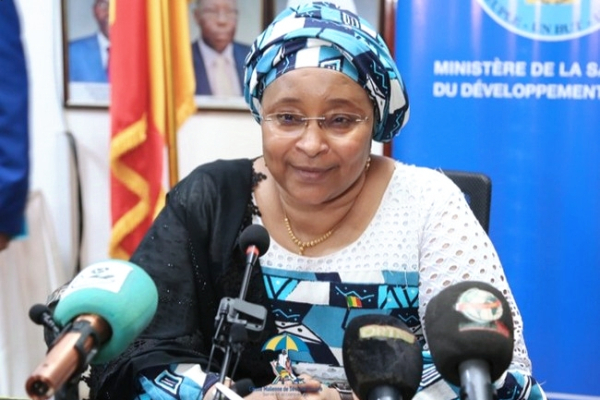Mali is undergoing a digital transformation, prioritizing the digitization of a strategic sector to simplify daily life for its citizens.
The Malian government has unveiled a National Strategic Digital Health Plan (PSNSN) for the period 2024-2028, according to local media reports. This initiative, backed by a projected budget of $35 million, aims to significantly improve access to quality specialized healthcare by 2028. Key components of the PSNSN include modernizing health infrastructure, implementing telemedicine solutions, and creating a national health database.
The initiative is supported by several key partners, including UNICEF, the World Bank, the United Nations Development Programme (UNDP), the U.S. Agency for International Development (USAID), and the World Health Organization (WHO). “This plan is an essential tool to modernize our healthcare system and meet the needs of the Malian people,” stated Assa Badiallo Touré, Minister of Health and Social Development.
Launched shortly after the government’s 2024-2028 roadmap, the PSNSN aligns with the broader goal of universal access to primary and specialized healthcare. It is a cornerstone of Mali’s digital transformation strategy, supported by the World Bank.
A major challenge for the project will be ensuring seamless interoperability between different health information systems. To address this, the plan prioritizes centralizing information to securely provide healthcare professionals with access to patient medical records.
Adoni Conrad Quenum



















